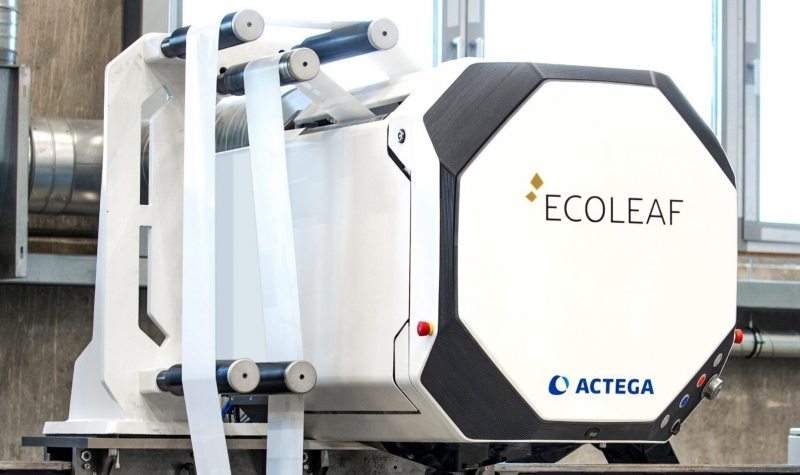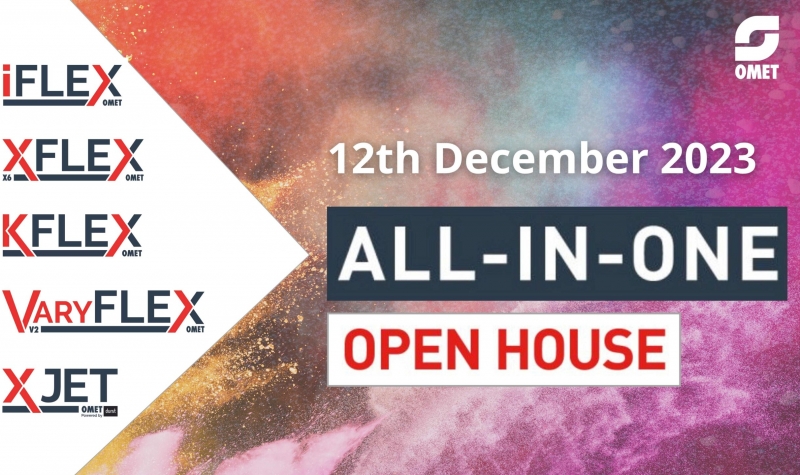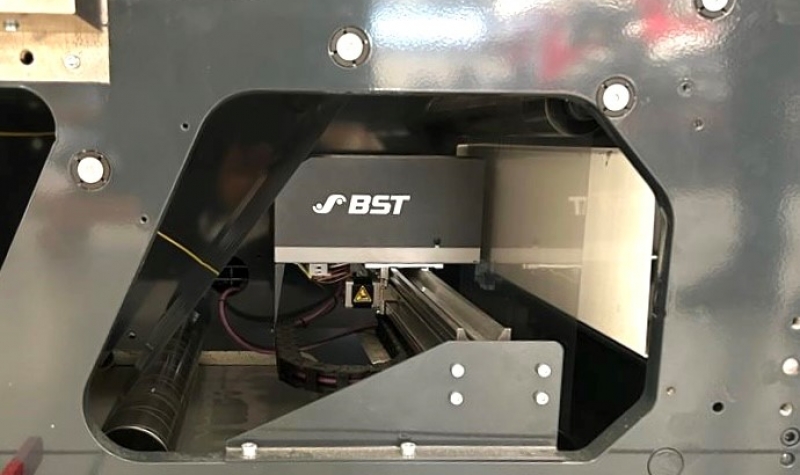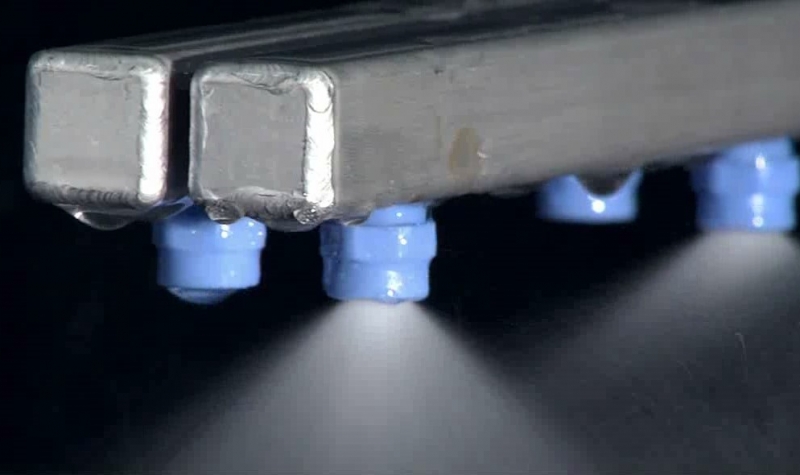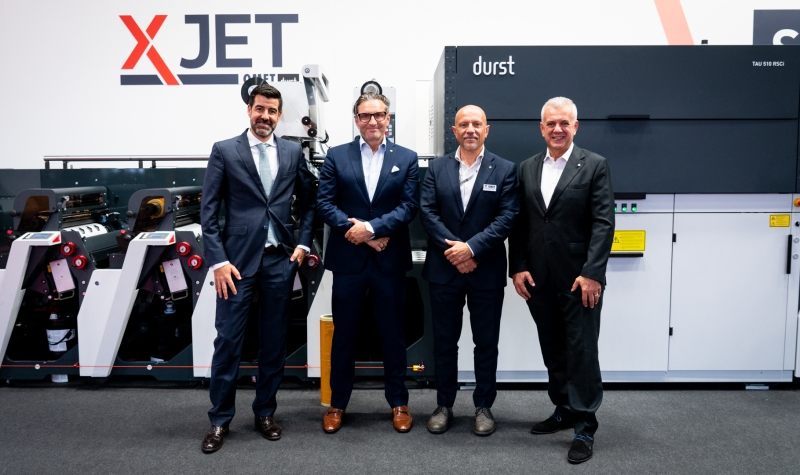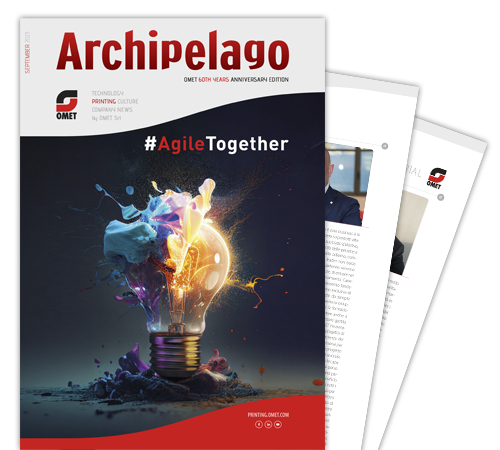
Printed electronics: investing in the future
In Italy, OMET invests in the future with Ribes Tech, the innovative start-up born from a collaboration between OMET and the “Center for Nano Science and Technology” of the Italian Institute of Technology in Milan. The project combines OMET’s technological skills in the field of printing with the research on nanotechnologies, to develop electronic devices by printing with special inks.
Ribes Tech has developed photovoltaic modules printed on plastic sheets, flexible and extremely light, that can be used as energy sources in domotics, smart cities and the Internet of Things. They also carry on research projects in several related fields.
Antonio Iacchetti, head of the start-up, explains that “soon printed electronics will be integrated into electronic devices instead of batteries, for example in electronic label chargers used in supermarkets, iBeacons (indoor location systems) or temperature sensor networks for home automation. At a later stage, they could be applied with success also in the world of fashion, camping equipment and architecture. Flexible solar panels can also be integrated in clothing to charge smartphones, for example. Or they can be used to create photovoltaic camping equipment able to generate the energy needed to illuminate tents at night”.
Ribes Tech started working upon these projects a few years ago using an OMET Flexy line, but the equipment will soon expand. “We are moving to a new laboratory, where we will use other machines that will meet different needs: a semi-rotary and an OMET rotary machine upgraded with special printing techniques. One of our projects is to equip the line with a special laser that does not cut the substrate but engraves it like a chisel, reaching a very high level of precision to one thousandth of a millimeter. This is a very innovative project because using such a laser on a rotary machine is something very complex. This laser is a new technique resulting from the research activity of two IIT groups: the one lead by Luigino Criante, which deals with optical systems and laser microfabrication, and the one lead by Mario Caironi that works on printed electronics”.
The core business of Ribestech is currently 90% about flexible solar panels, but its research opens up to other fields and applications. “We mostly develop photovoltaic products and technologies, but we have worked and tested special materials and substrates like, for example, heating fabrics”.
Printed electronics is raising very high interest among companies but it still has few applications. “Many companies look for information and want to better understand how it works – explains Iacchetti -, but so far, the concrete applications like products endowed with these technologies are still few, even if they are increasing. On the one hand the costs are still high, on the other this technology needs further development to be competitive, both in the production processes and in the search of the most suitable applications to start”. The road is now underway: “Solar panels are ready for some applications and supplies, there are companies that have commissioned us the development of particular products, showing a concrete interest. Now it’s time for us to grow and start to build an organization that allows us to improve and start a small production.”
 is the web magazine with all news about OMET Group
is the web magazine with all news about OMET Group 